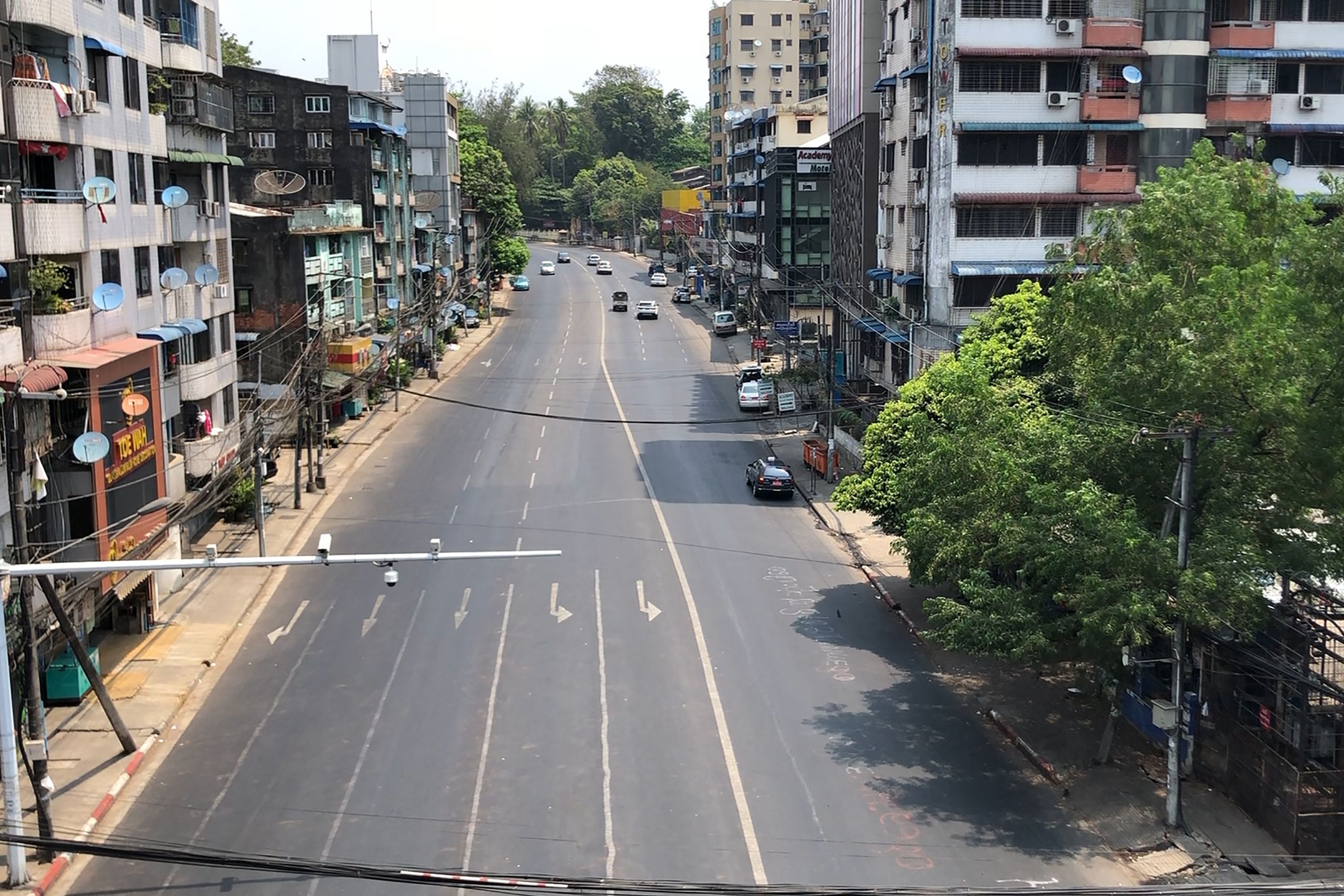Myanmar to fall silent as protesters mourn 7-year-old girl shot dead by military
The girl was killed at her home in Mandalay when soldiers shot at her father but hit her instead

Activists in Myanmar have called for a silent strike on Wednesday amidst outrage over the killing of a seven-year-old girl by security forces during a crackdown on anti-coup protesters.
The girl, said to be the youngest victim of the military’s brutal retaliation, died of bullet wounds at her home in Mandalay, staff at a funeral service in the city told Reuters.
Security forces asked the father of the victim if everyone in the family was present in the room and when he said they were, a soldier accused him of lying and shot at him, her sister told local news outlet Myanmar Now. The bullet hit the seven-year-old who was sitting on her father’s lap.
Read more:
Angry at the killing of the young girl, protesters called for a silent strike, with businesses shut and people staying at home. “No going out, no shops, no working. All shut down. Just for one day,” Nobel Aung, an illustrator and activist, told Reuters.
Myanmar plunged into turmoil after a coup ousted civilian leader Aung San Suu Kyi from power on 1 February, triggering massive protests across the country. The military has been accused of violently cracking down on pro-democracy demonstrators.
Defending the military’s response, junta spokesman Zaw Min Tun said security forces were dealing with “insurgents holding weapons” and five police officers and four soldiers have been killed in the violence.
“We have to crack down on the anarchy. Which countries in the world accept anarchy?” AFP quoted him as saying.
Expressing sadness on the death of 164 protesters killed in the violence, he said “they are also our citizens.” However, the non-profit group Assistance Association for Political Prisoners (AAPP) contested the numbers, saying that at least 261 people have been killed in the action against pro-democracy protesters by security forces.
The military has faced international condemnation and sanctions for the coup that toppled an elected government and for suppression of protests that followed.
The European Union and the United States this week announced sanctions against individuals involved in the coup.
Washington had already sanctioned General Min Aung Hlaing, the commander-in-chief of the Myanmar military, and the new measures announced added to this list. The EU imposed sanctions on 11 people, including General Hlaing.
Join our commenting forum
Join thought-provoking conversations, follow other Independent readers and see their replies
Comments
Bookmark popover
Removed from bookmarks